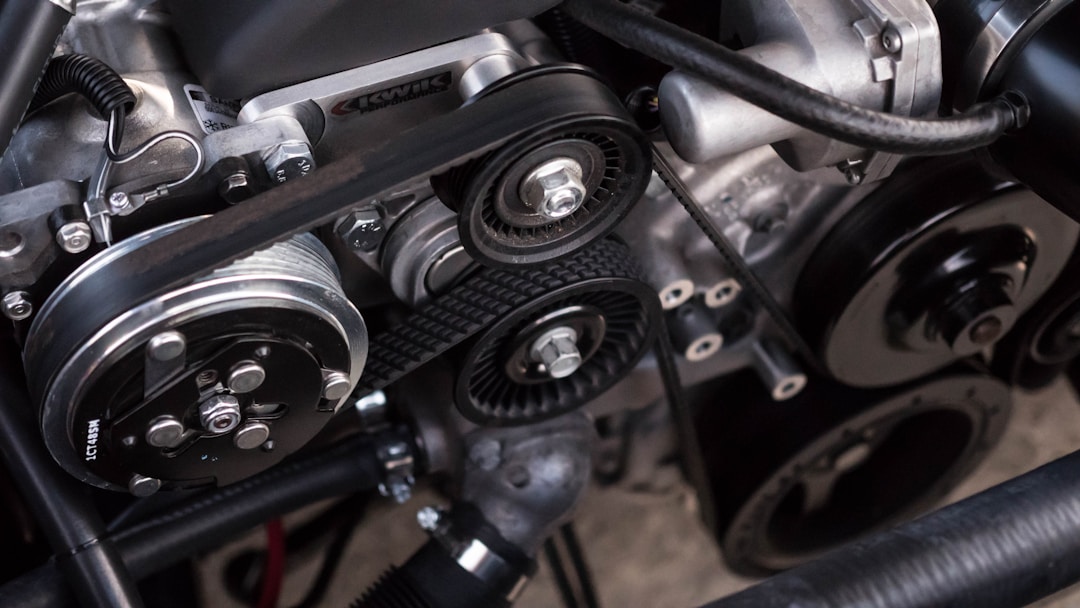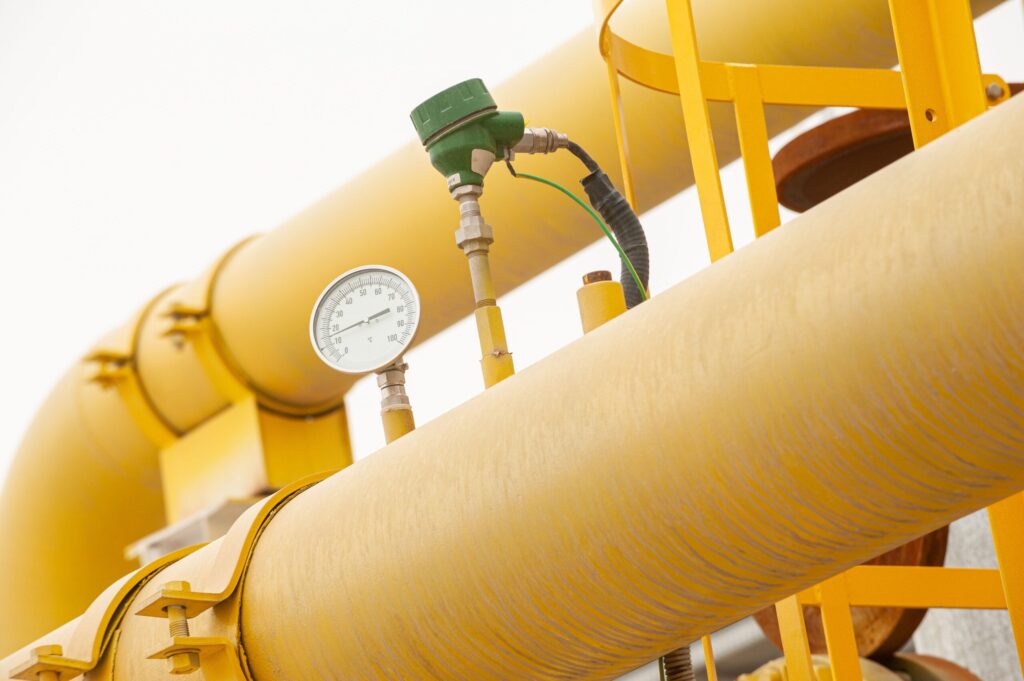How To Select the Right Size Reciprocating Compressor for Your Needs
Getting the most out of your industrial processes often comes down to having the right equipment. If your operations deal with air pressure, a reciprocating compressor is an essential tool. But it’s not just about having one; it’s about having one that fits your specific requirements. High-quality reciprocating compressors from Genemco can serve as an excellent example of industry standards. Below we delve into how to select the optimal size for your needs.
Determining Your Specific Compressor Needs

Once the basics are clear, the next step is assessing your specific needs. Evaluating your industrial processes will help you gauge the size of the compressor you require. For example, if you need to fill large tanks of compressed gas quickly, you’ll want a bigger, more powerful unit.
You should also consider pressure requirements. Different jobs demand different pressure levels, and your compressor needs to meet these demands adequately. It’s crucial to figure out how much pressure your operations require before deciding on a compressor size.
Take into account the frequency of compressor use as well. If you’re running your compressor constantly, it may not last as long as when it’s operated intermittently. This could result in needing to opt for a more robust model to ensure longevity.
Lastly, bear in mind external factors like available space for the compressor and environmental conditions. Poorly ventilated or overly heated environments can hamper the compressor’s performance and service life.
Importance of Selecting the Correct Compressor Size
Selecting the correct compressor size for your specific requirements is of paramount importance for several reasons. A compressor that is too large for your needs not only leads to unnecessary capital expenditure but also results in higher operating costs due to inefficient energy use.
Conversely, a compressor that is too small may not meet the requirements of the job, leading to inferior performance and potentially causing significant delays in your operations. Furthermore, a smaller-than-needed compressor running continuously under heavy load can experience premature wear, leading to frequent maintenance issues or possible system failure.
Opting for the right size compressor and compressor motors also ensure optimal efficiency. It will complete jobs without wasting power, and it will do so reliably for a longer time. This translates into more effective processes, cost savings, and better product quality.
So how do you find the perfect size? The key is to be aware of your needs and understand the options available to you, something that requires a closer look at the wide range of sizes and capabilities on offer.
Tips To Optimize the Performance of Your Reciprocating Compressor

Once you’ve found the right size compressor, don’t forget to give thought to maintaining and optimizing its performance. Regular cleaning and maintenance, for instance, will not only improve the compressor’s efficiency but will enhance its longevity as well.
Correctly managing the compressor’s operating cycles can also help optimize performance. Avoiding unnecessary continuous operation and allowing the compressor adequate rest periods will help ensure its optimal functioning and extend its life.
Temperature is another factor that can significantly impact performance. Attempt to provide a cool and well-ventilated environment for your compressor. This will enhance its efficiency and prolong its service life.
Finally, remember that professional inspections and timely maintenance of your compressor can go a long way in maintaining its optimum performance. Regularly reviewing and updating your maintenance schedule will help you avoid avoidable hassles and, in the long run, save your time and cost.
Altogether, selecting the right size reciprocating compressor and compressor packages is key to ensuring efficient and effective operations. Once armed with the right knowledge, you can make educated decisions and choose the ideal compressor for your needs. Remember, a well-sized and well-maintained compressor doesn’t only mean efficiency and cost-effectiveness; it means quality, performance, and reliability.





